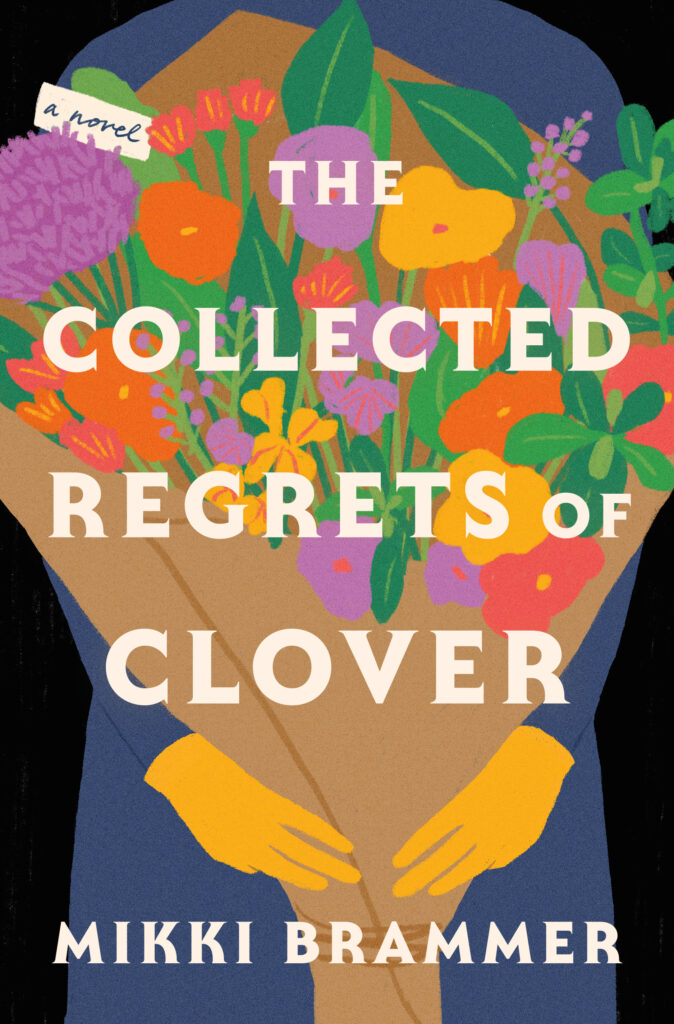
Clover, a quirky, awkward, and introverted 36-year-old, is fine living alone. She observes friendships and romances in films and the uncurtained window of the apartment across the street, but she has little need of them herself. It’s too hard to explain to people that what she knows best is death—death and the dying.
At five, Clover witnessed her kindergarten teacher’s death. Then, only a year later, her parents died in an accident while on vacation while traveling, leaving her to be brought up by her grandfather in New York City. She still lives in his West Village apartment, although he, too, died some years ago while she was traveling. Partly out of guilt at not being there for him, she became a death doula.
I’d never heard of a death doula, but apparently it’s a thing. Clover holds the hands of the dying, listens to their stories, helps them sort out their affairs. We all seek to understand the great mystery of death, don’t we? For Clover, the clues lie in their last words, which she writes in three journals that she has titled “Regrets,” “Advice,” and “Confessions.” She also likes to attend death cafés, where people gather to discuss death and share their experiences. Even there she’s only an observer. Her only real friend is Leo, her elderly black neighbor, who had been her grandfather’s best friend.
Things start to change when she meets Sebastian at a death café. He says he’s afraid of death and asks her to spend time with his dying grandmother. Ninety-one-year-old Claudia turns out to be a firecracker, a former journalist, whose one regret inspires Clover to go in search of the man from Claudia’s past. At the same time, Sebastian keeps turning up and—to her horror—eventually asks her out. When a friendly woman her age moves into the apartment downstairs, Clover tries to avoid having to meet her, but fails. Sylvie’s kindness and normalcy throw Clover’s isolation into relief and begin to wear down her resistance.
This intricate and surprising story manages to sidestep sentimentality and cliché. We are deep in Clover’s point of view as she reflects on her past decisions, her relationships, and the choices she has made. The author has blended these flashbacks into the story beautifully; also Clover’s introspective moments are handled well.
I found this a lovely story, quiet and deep. Clover’s inexperience with social customs felt unforced and real, as did her compassion for and insight into those who are at the end of their lives. She shares a few tidbits from her three journals; I would love to read more.
Have you ever read a story about a death doula?